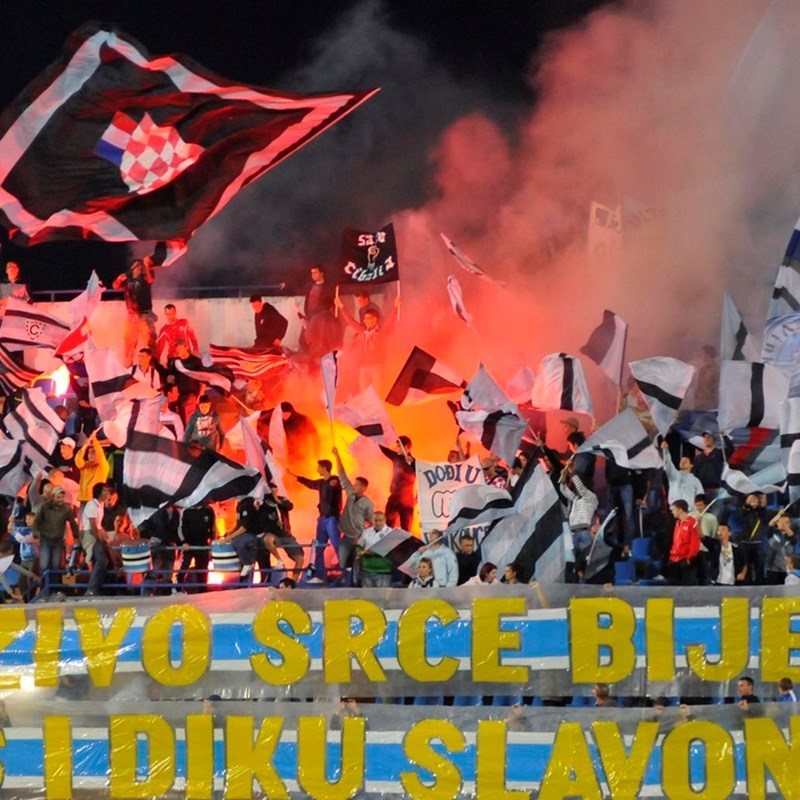On June 17, 1997, the football club Cibalia from Vinkovci played a historic match, defeating Belgrade’s Obilić 3-1 in the first round of the Intertoto Cup. Obilić was at the time a club controlled by war criminal Željko Ražnatović Arkan, making the match much more than just a sporting event. The atmosphere was tense due to the fresh wounds of war and the pressure not to yield to a club symbolizing violence against Croatia. The goals for Cibalia were scored by Bosnian Maroslav Bartolović. This victory was significant for Vinkovci and Croatia as it symbolized resistance and triumph over the evil Arkan represented. Arkan was known for his war crimes and leading a paramilitary formation and was killed in 2000 in Belgrade.
Political Perspectives:
Left: Left-leaning sources emphasize the historical and moral significance of Cibalia’s victory over Obilić, highlighting the match as a symbol of resistance against war crimes and fascism represented by Arkan. They focus on the human rights abuses and atrocities committed by Arkan and his paramilitary forces, framing the victory as a triumph of justice and peace.
Center: Center-leaning sources report the event as a significant sports achievement with historical context, acknowledging the tense atmosphere due to the recent war and Arkan’s notoriety. They provide a balanced view, focusing on the sporting event while also mentioning the political and social implications of the match and Arkan’s background.
Right: Right-leaning sources tend to emphasize national pride and the symbolic victory of Croatian identity and resilience against Serbian aggression represented by Arkan. They highlight the patriotic aspect of the match and the importance of standing firm against enemies of the nation, sometimes focusing less on the broader human rights context and more on nationalistic narratives.







(1).jpg?width=270&height=185&mode=crop&anchor=topcenter&scale=both)




